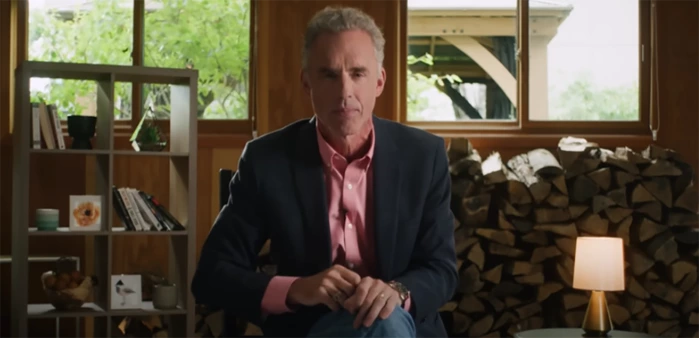In the midst of the 2024 election fervor, a new health movement has emerged, gaining traction across social media platforms and sparking conversations about the pressing health issues facing the nation. Dubbed “Make America Healthy Again,” this initiative seeks to confront the underlying problems related to the U.S. food supply and environmental toxicity.
Health advocates are voicing alarm over what they describe as a full-blown health crisis in America. Dr. Mark Hyman, known for his engaging podcast “The Doctor’s Farmacy,” remarked, “The number one killer today is not smoking, it’s not war, it’s not infections, it’s food.” The sentiment underscores a growing concern that what Americans eat plays a significant role in their overall health.
An integral voice in this movement is Vani Hari, affectionately known as “The Food Babe.” She pointed out a staggering disparity in food safety regulations, observing that while the U.S. has approved about 10,000 chemicals in food over recent decades, European countries have only around 400. This raises questions about the safety and integrity of the American food supply.
Leading this charge is Robert F. Kennedy, Jr., who has expressed his commitment to tackling chronic disease as he contemplates his role as Secretary of Health and Human Services. With advisors like Casey and Calley Means—who advocate for evidence-based reforms—Kennedy aims to drive systemic change in health agencies. As Casey Means highlighted, “93 percent of American adults have metabolic dysfunction,” attributing much of it to the toxic food system.
Robert F. Kennedy, Jr. outlines a three-pronged agenda: first, eliminating conflicts of interest within health agencies; second, prioritizing evidence-based research for health guidelines; and finally, reversing the chronic disease epidemic. Katy Talento, a former health advisor under the Trump administration, notes that this effort will likely begin with structural changes, particularly at organizations like the FDA and CDC, which she argues have been compromised by pharmaceutical industry influence.
Talento emphasizes the importance of reevaluating the “Generally Recognized as Safe” (GRAS) classification that many food additives receive, often based on dubious scientific endorsements. She pointed out troubling examples, such as harmful dyes still present in food products marketed to vulnerable populations, including children.
The movement underscores a deeper, perhaps spiritual aspect, as Talento herself described it. “How much you and I are praying and fasting for these initiatives will help determine how possible it is,” she reflected. This perspective resonates with many involved who see health reform intertwined with cultural and spiritual dimensions.
As the contours of this health movement unfold, all eyes will be on RFK, Jr.’s upcoming Senate confirmation hearing in January. It’s anticipated that the issue of vaccines, and the transparency surrounding them, will also surface during the discussions, adding another layer of complexity to an already multifaceted dialogue.






Leave a Reply